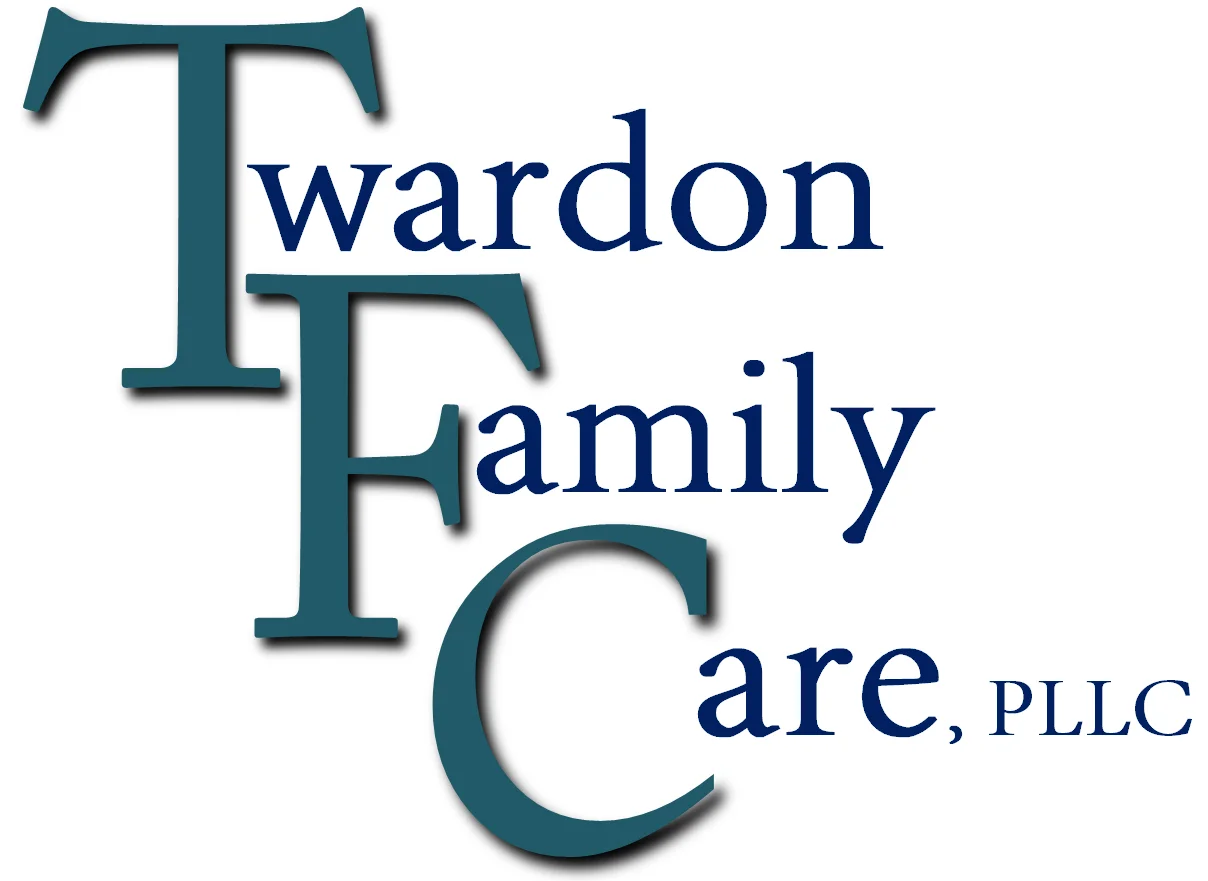The Many Ways Other People Control Your Care
How should a doctor relate to you as a patient...?
Many people think they don’t need to invest in a relationship with a doctor, because if (really when) they get sick, they can always find a doctor, and this is true—but the real issues are:
how long it will take to get in with the doctor;
how well trained is the doctor;
how long will the doctor spend with them;
and how well does the doctor understand the patient and the problems.
I have learned that the physician needs to start—and end—by listening to you, the patient. It takes more time, but there is no substitute. Listening gives us the best chance to understand interconnected medical problems and what issues are most important to you.
Most doctors are not paid to help you
They were certainly trained to help patients, and most doctors certainly want to help patients... but they are not paid to do so. The majority of doctors today are primarily paid through “Third Party Payers” (including insurance and Medicare), which unfortunately do not really pay doctors to talk or listen to the patient. Doctors receiving insurance money are paid by how many patients they physically see in the office, and procedures done.
Primary care doctors usually spend actually more time doing the paperwork than they do seeing the patient. Filling out forms, handling phone messages, calling in prescriptions, securing prior authorizations for tests/medications, are all tasks that help the patient, but there is no monetary support for that part of the job.
Paying the insurance middlemen Increases Costs
Third Party Payers have gradually piled on so many layers of bureaucracy and paperwork that, in order for doctors to get money from insurance, they need to spend a lot of money—expensive (and mandatory) electronic medical records; taking courses in how to bill so charges won’t be denied; hiring staff to do the billing and collections...
All this adds up to huge overhead costs, pressuring doctors to see more patients in less time. I know my frustration sometimes comes through, because I have been unwilling to compromise “getting your story,” just to finish one patient and get on to the next.
Even the new “medical homes” being promoted throughout mainstream primary care clinics call for hiring more staff that the doctor is supposed to oversee. However, the doctor will be responsible for more patients and coordinating “care teams” instead of spending time face-to-face with patients. I prefer to treat you directly as patients.
What to do?
For these reasons, I have decided to make a change. I do not want to leave medicine, as many of my colleagues have been forced to do; and I do not wish to limit my care to only wealthy patients, by charging a few patients thousands of dollars. I wish to use my experience and my training in traditional allopathic medicine to deliver the best care I can, but it is time to break free from paperwork and computer data entry when it doesn't serve patient care. We need a model that puts the patient above paperwork.
Direct Primary Care cuts out the middleman
A different way, called Direct Primary Care (DPC), has been catching on across the country. Just this year, the AAFP, my national professional organization, has endorsed DPC as a workable alternative that allows physicians to have more time with their patients. Basically, the patient cuts out the middleman altogether. The patient pays a modest fee directly to the doctor, in order to have membership in the clinic—it is not insurance, but entitles the patient to receive care there.
Directly paying modest fees to your doctor is not new—in fact, it is probably the oldest way of getting medical care. This approach has been revived and used for many years now to deliver great and affordable primary care at practices across the country, including North Carolina, and right here in Buncombe County. Direct Primary Care is different from current mainstream medical practice. Some key distinctions—especially some exciting improvements that aren’t possible with conventional medical care, are highlighted in links below.
How DPC Helps You Take Back Your Own Health Care
It is a strange thing about our health care system— many Americans pay more for their cars; or their teeth; or their pets; or their cigarettes than they pay for their own health care in a year, and they wonder why care can be scattered.
I think DPC is a much better model for delivering care that can make a truly meaningful difference, because there is as little barrier between the doctor and patient as possible. I respect your goals for your health, I am also willing to work with you to develop treatment plans that take into account your life with your time and physical limitations. These negotiations take time, patience and mutual respect. Generally they lead to better compliance not only with your medications but the more difficult lifestyle changes required to improve and maintain overall health. DPC has been proven to be less expensive overall. And it is the best way to have continuity of care moving into the future.
Links
Direct Primary Care has been extensively written about in the New York Times, Medical Economics, the Wall Street Journal, the AAFP, and there is an explosion in the blogosphere. Here are some of the better sites I've found, but it is just a sample!
- Time magazine had a detailed feature in the December 2014 edition-- click here for a link.
- The New York Times has several articles, including this very excellent one.
- The Wall Street Journal talks about DPC as "Concierge Medicine for the Masses"
- Medical Economics has numerous articles, including this recent overview.
- Dr. Brian Forrest opened his DPC Practice in Apex, NC in 2002.
- Dr. Rob Lambert practiced regular medicine in North Georgia for decades but gave it up for a DPC model over a year ago, and has maintained an insightful, often hilarious blog that's worth reading.
- My national professional association, the AAFP, highlights this model here.
- This is a national organization of DPC practices, one of several.

